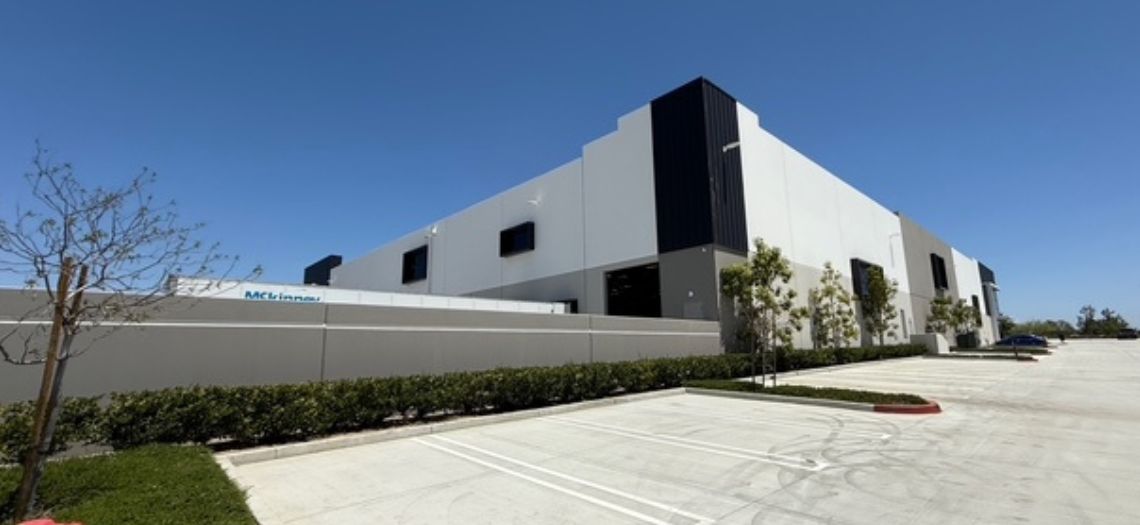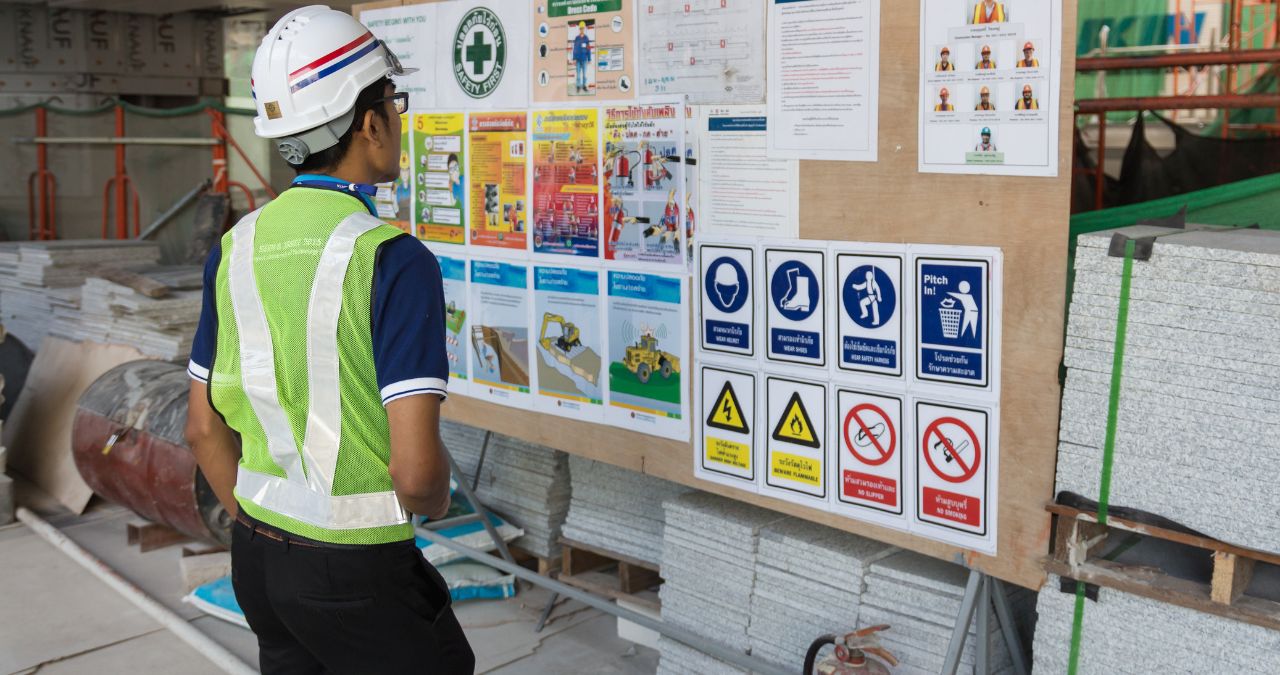E-commerce professionals love seeing a notification for a new sale. While it’s the end of the conversion process, it’s only the start of fulfilling the order. Fulfillment is as critical to a successful business as capturing the sale. The order fulfillment process involves preparing the order for shipping and delivering it to the customer. Only when the customer has their parcel in hand and is satisfied with the entire process from start to finish can an e-commerce professional say they added value to the customer experience. The order fulfillment process has five steps. It starts with strategic product sourcing and ends with shipping and final-mile delivery. Regardless of the fulfillment strategy the company chooses to execute, the process is similar, and the primary goal is to get the order into the customer’s hands.
What is Order Fulfillment?
Fulfillment Companies
Depending on the size of your business, most of the Illinois order fulfillment process can take place under one roof in the warehouse or fulfillment center. Some companies handle everything in-house by an e-commerce order fulfillment company, while others outsource fulfillment to third-party logistics (3PL) partners.
Many companies include the following in their fulfillment services:
- Inventory management
- Supply chain management
- Customer support
- Quality control
How Does Order Fulfillment in Illinois Work?
Order Processing
Warehouses utilize order processing management systems for picking, packing, and shipping orders. Order management software offers e-commerce businesses a solution for remotely managing this process.
Picking & Packing
After receiving the order at the warehouse, the inventory team picks it and packs it according to specifications. Packing slips feature information such as SKUs, product sizes, colors, number of units, and shipping destination.
The packing team chooses materials to lower the parcel’s dimensional weight while maintaining the necessary protection for the product during shipping. Optimizing dimensional weight (DIM) is critical to efficiently transporting the parcel, lowering logistics costs.
Order Shipping
The parcel is sent to a shipping node for shipping to the customer. Order fulfillment options for shipping carriers can include airlines or freight lines managed by companies like UPS, FedEx, or the U.S. Postal Service (USPS).
The freight billing costs will be determined by package weight or dimensional weight based on the nature of the parcel. Most carriers implement packaging rules to optimize profits. Failing to meet the requirements of these rules may result in shipping delays if the carrier refuses the parcel.
Order Delivery – The Final Mile
Many logistics processes include multiple carriers. For instance, they might use FedEx for air freight and the USPS for the final delivery to the destination.
These hybrid shipping methods typically include road freight for the “final mile” to the customer’s destination. Sometimes, the final mile carrier will depend on the customer’s location. For instance, FedEx might not deliver to a rural area, but USPS will.
Processing Returns
Many logistics companies include a return shipping label with orders. This strategy optimizes the return of goods to the company if the customer requests a refund or replacement. When the customer executes the returns process, the logistics provider must ensure the appropriate inventory restocking at the warehouse.
For instance, if the product is damaged or dysfunctional, it can’t be returned to the warehouse for restocking. Returns processes involve quality control checks to ensure the correct sorting of returned items and to maintain correct inventory levels.
After receiving the returned items, the team can decide whether to restock them or return them to the manufacturer or distributor for credit.
Best Practices in Order Fulfillment Strategies
Companies must adhere to a set of best practices to ensure smooth logistics operations. These best practices reduce inefficiencies in the supply chain and ensure effective deliveries and returns.
Streamlining Processes
Streamlining how returns of damaged goods are received and processed is essential for the speedy return of goods to the manufacturer for credit or replacement. It is also essential to process the request the customer expects.
This strategy prevents backlogs on back-orders or long waiting times that cause customer dissatisfaction or poor customer service.
Efficient Warehousing
Placement of hot-selling items closer to pickers and packers reduces warehousing inefficiencies when preparing orders for shipping. When receiving inventory, place items in the warehouse according to their demand. Stock low-demand items toward the back.
Optimal Shipping & Logistics
This best practice ensures prompt delivery to the customer and reduces shipping costs. Plan your shipping backup strategy for worst-case scenarios.
Implement Automation
Automating warehousing operations and as many steps as possible in the fulfillment process improves warehousing operations efficiency and safety while reducing costs.
Automation in ordering ensures that an online order process begins in real-time as soon as the customer completes the checkout. This increases the speed at which the order will reach the customer.
In Closing
When the customer has their parcel in hand and is satisfied with the entire process from start to finish, the customer experience can be deemed a success. No matter what strategy the business implements, the goal of successful order fulfillment is customer satisfaction.
MAI Fulfillment Your 3PL & Warehousing Solution
MAI Fulfillment is a privately held third party logistics (3PL) company in Chicago specializing in warehousing, and omnichannel fulfillment services. As an experienced outsourced provider, we provide value-added solutions designed to help companies build and grow.
The MAI business model offers clients the efficiency and convenience of dealing with a single accountable resource for a wide range of services. MAI areas of specialization include:
- Custom B2B and DTC warehouse and multichannel fulfillment solutions
- Multi industry support
- Technology support
A wide range of service offerings, strategic problem-solving skills, and experience make MAI a valued partner to a broad range of Fortune 500 companies. “Quality” is more than just a word here – it’s the foundation of how we conduct business and an integral part of the processes and metrics we use to deliver value to our clients every day.
Contact MAI today to learn more!




